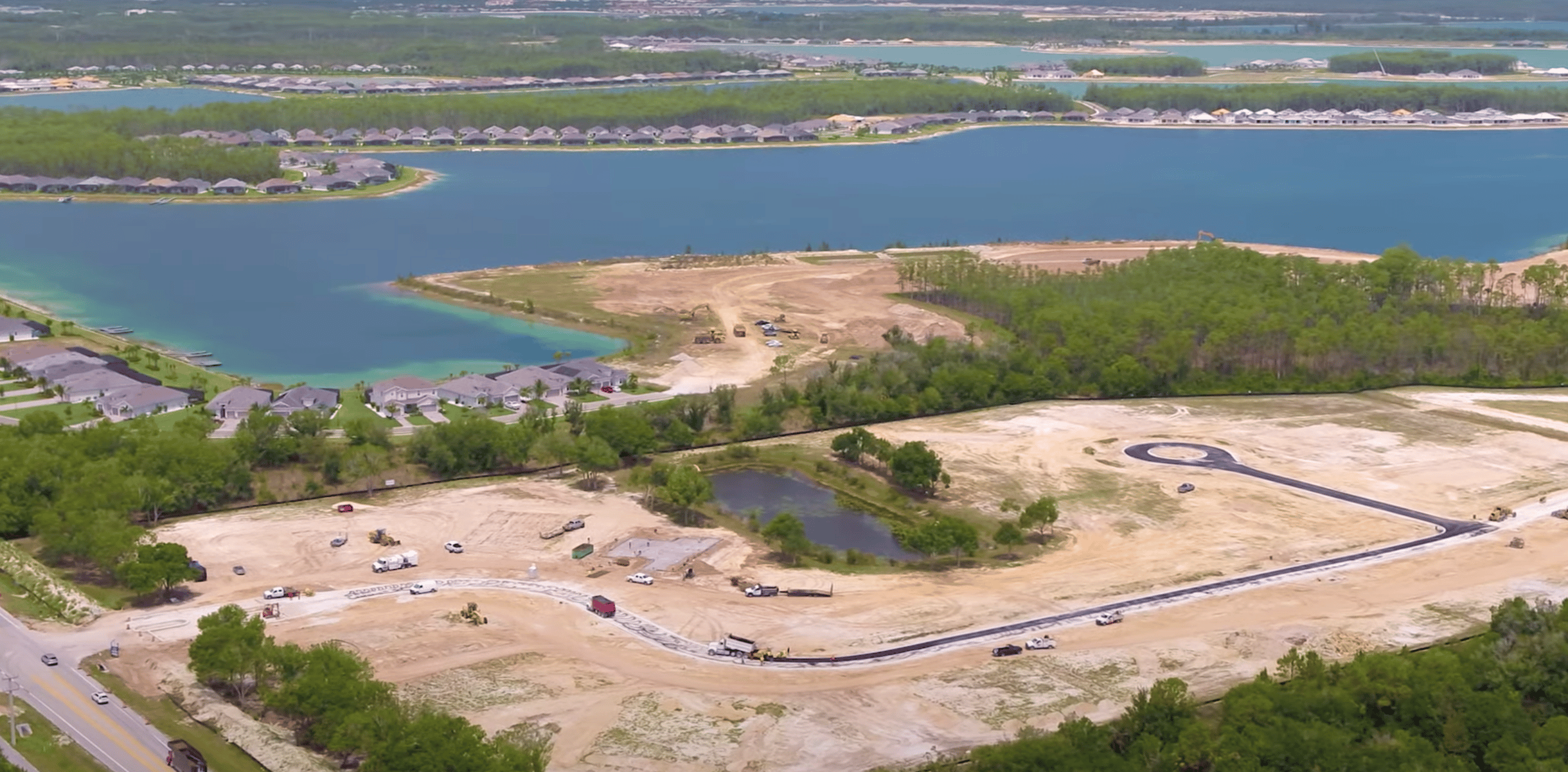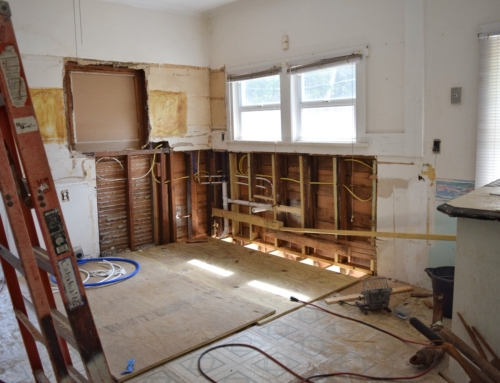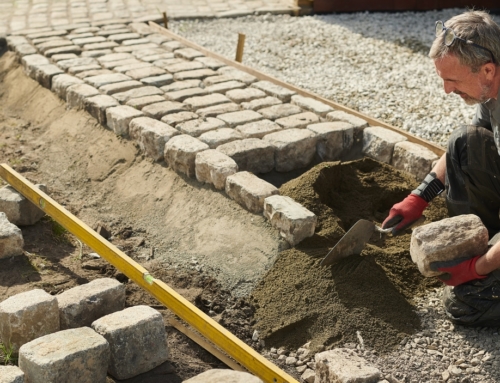In mid-June of 2022, the Lee County Commission voted to sign a settlement that ultimately approved a 6,600-plus acre site off Corkscrew Road in southeast Lee County which is planned for 10,000 homes, hotel, and other commercial space.
The agreement followed a lawsuit against the county filed by Corkscrew Grove Limited Partnership in 2011 for denying the company the ability to mine for lime rock on the property.
That lawsuit would have cost the county $63 million dollars. A hearing examiner recommended approving the development to avoid facing the lawsuit.
The property is along south Corkscrew Road in Estero and the developers, the Cameratta Companies, is promising a new connecting road to SR 82.
Cameratta has a long history of residential and commercial development in Lee and Collier counties and has promised to dispel any concerns about development of this land, used previously for agricultural uses.
Two Sides of the Coin
Depending on who you speak to, the reaction to approval of this “small city” in a growing but ecologically-sensitive land is varied.
Some are looking forward to the additional local amenities and prospective benefit of improved local drainage to reduce flooding during the summer.
Others are concerned because the land is part of a Density Reduction/Groundwater Resource area, or DRGR, created by the Lee County Commission’s Lee Plan to regulate the effect that any new development will have on surrounding water flow, wetlands, and other natural resources.
Cameratta has said they will remove the berms that surround the property and add additional drainage in their efforts to restore the land and increase the overall benefit to surrounding properties.
The company’s president was quoted as saying he is well aware that the land is in a DRGR and that it has been labeled as environmentally sensitive, but has vowed to supply the funding needed to not only improve the property but to provide more housing options for the fastest-growing region of Southwest Florida.
The project’s approval came with some conditions which the developer agreed to, including land designated as open space, a central irrigation system and hydraulic connections to help improve flood control in the adjacent area known as Wildcat Farms.
Local and regional groups that are concerned about the impact the large development will have on the land, including The Conservancy of Southwest Florida, among others, are not only concerned about the property being within the DRGR.
In 2015, the Lee County Commission enacted the Environmental Enhancement & Preservation Communities Overlay, (EEPCO), designed to monitor the development taking place along the Corkscrew Road corridor.
This is essentially an area within the DRGR that included properties “deemed critical to providing regional benefits such as re-establishing wetlands, flowways, hydrology and wildlife corridors within Southeast Lee County.”
Most of the properties had been agricultural operations or were previously mined.
The Conservancy’s senior environmental planner is quoted as saying the county’s approval of the project is not aligned with the goals or purpose of the EEPCO initiative, and risks causing additional harm to the surrounding area’s infrastructure and ecology in the long run.
She also feels the agreement was reached without the county delving deeper into the terms and negotiating the conditions of the developer’s proposal.
Some residents are resigned to the fact that the area is growing rapidly, and new development is inevitable, pointing out that the Cameratta Companies have already shown their ability to responsibly create new home communities in the area, like Verdana Village and The Place, among others.
The developer’s position is that it will be much less impact on the land to have residential and commercial units as opposed to a mining operation, and they’re willing to spend the money to offset and improve any potential adverse environmental concerns.
People who drive in the Corkscrew Road area know that traffic is a major concern, and the potential of 10,000 more homes, shopping center and other businesses will only add to the problem.
But the Lee County Commission approved the development proposal unanimously, with Commissioner Ray Sandelli being quoted as saying, “I think that’s the culmination of a thought that’s gone by a lot of people and to satisfy everybody 100% never does, you know, but the fact of the matter is, I think when you walk away from it you go, ‘hey, we did the very best we could, given the circumstances,’ you know, today and I think that’s what’s happened today. There’s been a lot of work that went into that meeting today.”







Leave A Comment